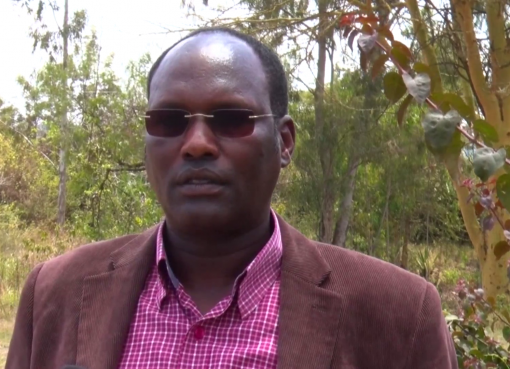The Ministry of Health has received a confirmed report of a Rift Valley Fever (RVF), human case, from Turbi, North Horr Sub-County, Marsabit County.
Acting Director General for Health, Dr. Patrick Amoth, said that this marks the first reported human case in the country, adding that ongoing investigations aim to identify additional cases and assess the extent of the outbreak.
“This outbreak is closely associated with the conclusion of El-Niño rains, leading to a surge in the mosquito population and an increased transmission of vector-borne diseases,” said Dr. Amoth in a circular to all County Directors of Health, through the Chief Executive Officer, Council of Governors, dated 24th January 2024.
Dr. Amoth has advised all counties to remain on high alert for the potential spread of RVF, given the reported increase in mosquito population nationwide and the movement of livestock.
“Specifically, County Departments of Health should inform all healthcare workers about this alert, sensitize healthcare workers to RVF case definitions, to increase the index of suspicion, share case definitions with all health facilities and reporting units,” said Dr. Amoth.
He also called on health officials to enhance disease surveillance and reporting at all levels, establish and/or enhance capacity for sample referral to National Public Health Laboratories (NPHLS) for confirmatory testing and activate County-level multisectoral coordination mechanisms using the One Health approach to guide preparedness and response efforts.
“I would also like to encourage County Departments of Health, to develop RVF-specific preparedness and response plans, implement integrated vector control programs, and conduct public awareness campaigns about RVF,” said Dr. Amoth.
He explained that preventive measures for RVF include using protective equipment such as gloves and protective gowns when assisting with animal births, discarding aborted/stillbirths or retained placentas, and disposing of carcasses, avoiding the handling and consumption of uninspected meat and using insecticide-treated bed nets to prevent mosquito bites.
“I would like to advise all individuals experiencing a fever to report to the nearest health facility for assessment,” said Dr. Amoth.
He highlighted that the Ministry of Health is working closely with the Directorate of Veterinary Services to monitor the situation and will update Kenyans accordingly.
By Joseph Ng’ang’a





